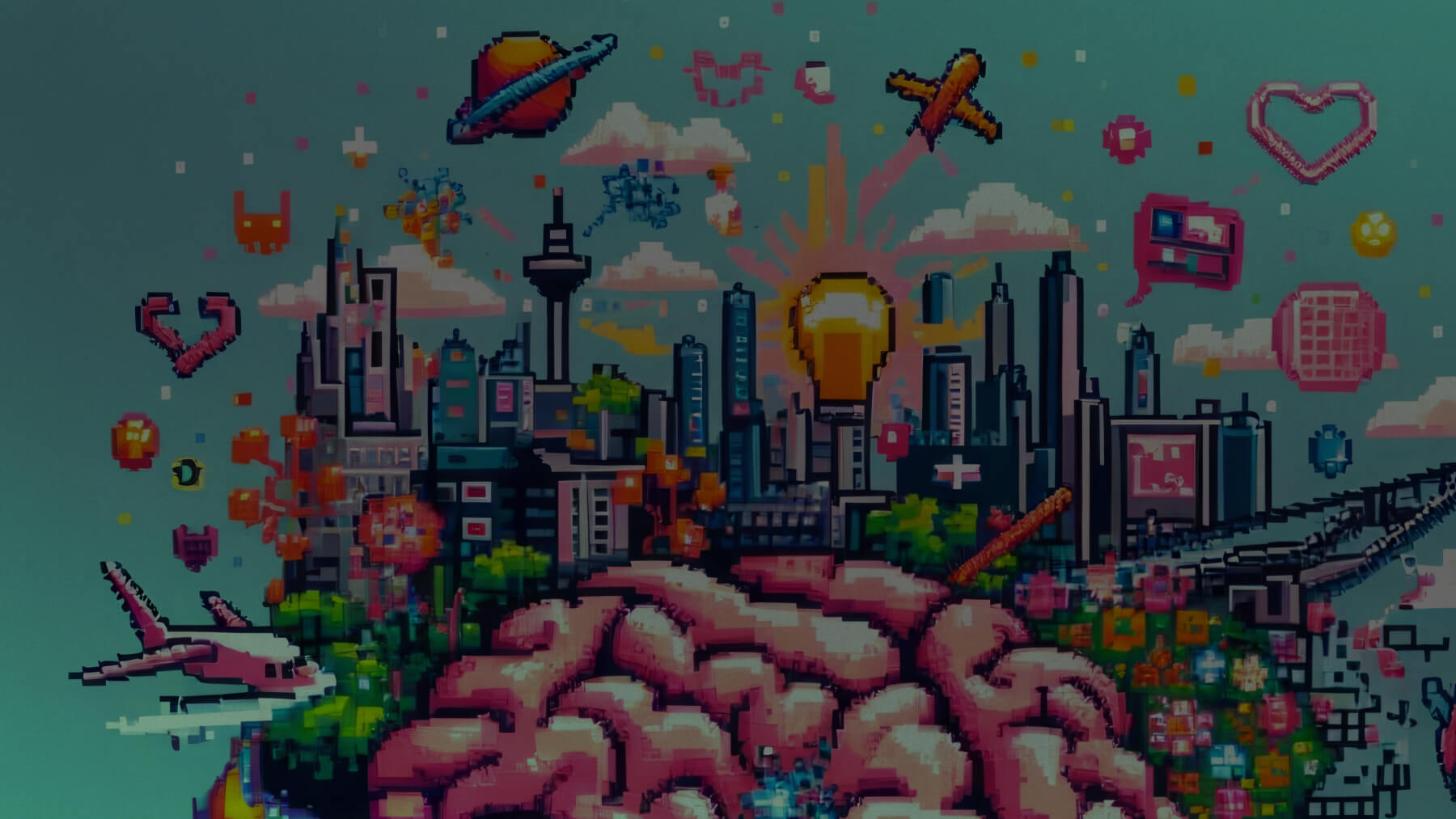Psychology of Gamification
Why we like to play and how it affects our behavior

The Nature of the Human Craving for Games
The human attraction to games is rooted in our desire for pleasure and achievement. Games provide opportunities for self-expression, overcoming challenges, and obtaining rewards, which activates pleasure centers in the brain. Game mechanics such as levels, points, and rewards stimulate the release of dopamine, a hormone associated with feelings of satisfaction, which makes gameplay exciting and enjoyable.
Game Mechanics and Motivation
Game mechanics have a significant impact on human motivation. Intrinsic motivation, related to the enjoyment of the game process itself, and extrinsic motivation, related to gaining rewards and recognition, are closely intertwined in gamification. The elements of competition, achievement and progress in games motivate us to strive for new heights by improving our skills and knowledge.
The Impact of Gamification on Behavior and Learning
Gamification is actively used to change behavior and improve learning in a variety of domains. In educational and corporate contexts, gamified elements help to improve engagement and productivity. For example, in learning, the use of game mechanics makes the learning process more interactive and motivating, which promotes better learning. In corporate environments, gamification helps motivate employees to achieve goals and improve performance.